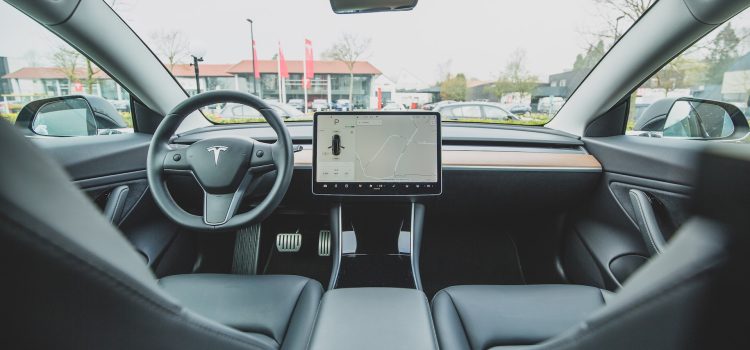
Elon Musk, the billionaire CEO of Tesla and SpaceX, has been ordered to pay $10,000 in damages to a critic for defamatory statements he made on social media. The decision comes after a years-long legal battle between Musk and Tesla investor Steven E. Wilson.
The case dates back to 2018, when Wilson sued Musk for defamation after the Tesla CEO referred to him as a “child rapist” in a series of tweets. Musk’s comments came after Wilson accused Musk of making false statements about Tesla’s financial performance, and Musk responded by attacking Wilson’s character.
Wilson, who is a financial advisor and a critic of Tesla, denied the allegations and argued that Musk’s comments had damaged his reputation and harmed his business. He also accused Musk of engaging in a smear campaign against him.
The case has been closely watched by legal experts and free speech advocates, as it raises questions about the limits of free speech and the responsibilities of public figures on social media.
In his ruling, Judge Stephen V. Wilson (no relation to the plaintiff) wrote that Musk’s tweets were “over-the-top” and “not supported by any evidence.” He also noted that Musk had failed to retract his statements or apologize to Wilson, despite a court order to do so.
The judge ordered Musk to pay $10,000 in damages to Wilson, as well as $68,000 in legal fees. Musk’s lawyers had argued that the damages should be nominal, as Wilson had suffered no actual harm from the tweets.
Musk, who is known for his controversial comments on social media, has been involved in several high-profile legal battles in recent years. In 2019, he settled a lawsuit with the US Securities and Exchange Commission (SEC) over tweets he made about taking Tesla private. As part of the settlement, Musk agreed to step down as Tesla’s chairman and pay a $20 million fine.
The defamation case is just the latest example of the challenges that Musk and other public figures face in navigating the complex landscape of social media. While social media has given public figures unprecedented access to their audiences, it has also exposed them to new forms of legal and reputational risks.
As the case shows, even the world’s most powerful CEOs are not immune to the consequences of their words and actions on social media. While some may argue that Musk’s comments were protected by free speech, the judge’s ruling suggests that there are limits to what public figures can say online without facing legal consequences.
In the age of social media, it’s more important than ever for public figures to exercise caution and restraint in their online communications. While platforms like Twitter and Facebook can be powerful tools for reaching new audiences and promoting their brands, they can also be a double-edged sword, exposing them to new forms of legal and reputational risks. As this case shows, the consequences of a single tweet can be significant and long-lasting, even for a billionaire like Elon Musk.










